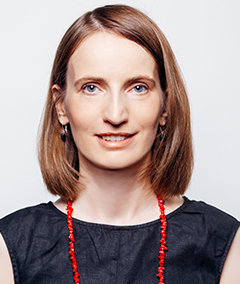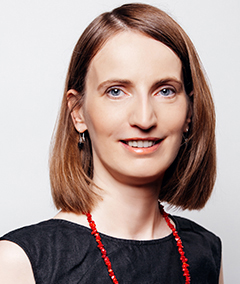The time parents spend with their children, especially “quality time” spent on educational activities or play, rather than caring duties, significantly affects children’s’ skill formation and their future life outcomes, educational attainment, employment opportunities and incomes. Thus, differences in the amount of parenting children receive are one of the factors shaping future inequalities.
In this project we undertake a comprehensive analysis of factors affecting the amount of time allocated by parents or other family members to educational activities with children in Poland. We likewise focus on monetary investments in children’s education, and check whether there is a trade-off between the level of monetary investments and the amount of time children receive from parents. We also look at how these differ by parental labour market status (in particular the flexibility of their working time arrangements) and by their socio-economic background. We furthermore aim at analyzing how children living in three-generation families fare compared to children in two-parent families (in terms of e.g. schooling outcomes). Last but not least we are interested in the use of technology as a skill – generating factor among children, and the differences in these patterns depending on parental background.
The presentation with the first results of the research is available here.
***
Project financed by IBS from its statutory funds.
- Contact:
-
iga.magda@ibs.org.pl




